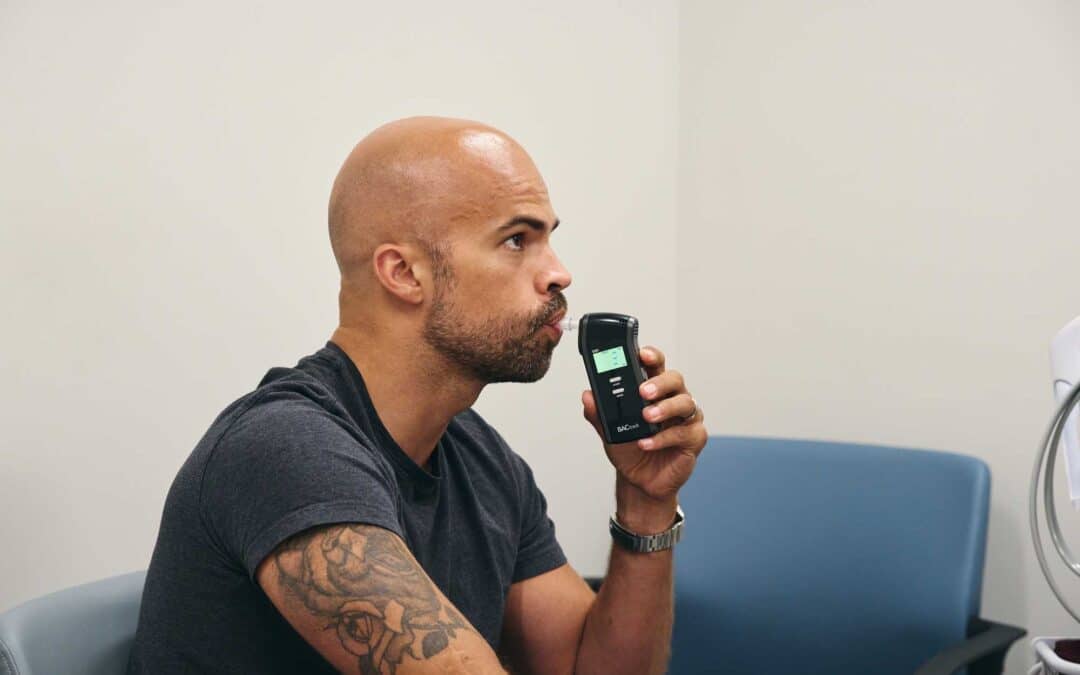There are many factors that may affect how long a drug will stay in your system. In fact, even answering the question of how long drugs stay in your system is complicated. However, gaining an understanding of various drugs and how long they remain detectable by various means can be helpful to those who are trying to quit drugs. Many people who want to quit drugs are hesitant about the withdrawal process, for example, and might worry about how long they will have to endure uncomfortable symptoms. If you or a loved one are thinking about seeking drug addiction treatment, knowing what to expect could help make the decision easier.
What Does “In Your System” Mean?
When we refer to a drug being “in your system,” there are a couple of different things we could mean. We could be referring to whether a drug, or its metabolites, are detectable by any means within your body. For example, when a person is being tested for drug use, the tests are looking for the presence of the drug or its metabolites by examining a sample of urine, saliva, blood, or hair. For the drug to become undetectable, you would have to stop using it for a certain amount of time specific to the drug in question.
We might also be referring to how long a drug is active within your system. For example, suppose you are trying to stop using a drug to which your body has become addicted. In that case, the length of time that a drug remains active within your system is essentially the amount of time you will have between your last dose of the drug and the onset of withdrawal symptoms. In order to detox from a drug, you would have to stop using the drug entirely and allow your body to reacclimate to the drug’s absence.
How Long Do Different Drugs Take to Clear Your System?
As mentioned above, different drugs have a period of activity within the body, as well as a period where they are inactive, but can still be detected through various sorts of testing.
Here is a list of common drugs, as well as how long they are detectable:
Alcohol
Alcohol is detectable for up to twelve hours in the blood, and less time in the urine.
Cocaine
Cocaine is detectable for one to two days in the blood, but up to four days in the urine.
Heroin
Heroin is detectable for about twelve hours in the blood, but up to four days in the urine.
Cannabis
Cannabis is detectable for around two weeks in the blood and up to thirty days in the urine.
Methamphetamine
Methamphetamine is detectable up to three days in the blood, but up to six days in urine.
There are also factors such as a person’s age, health, medical status, and other individualized qualities that might play a role in determining how long a drug might be active or detectable in the system.
When the Drug Clears My System, Does that Mean Withdrawal Stops?
Unfortunately, no. When the body becomes dependent on a drug, stopping the drug disturbs the body’s ability to manage itself. It will take time for your body to readjust to performing its functions without the drug there. Therefore, if you are contemplating seeking drug addiction treatment, it is a good idea to utilize the services of a licensed drug addiction treatment center or medically supervised detox program.
If you or a loved one is struggling to quit using drugs or quit drinking alcohol, and you are searching for a drug rehab in New England, reach out to our kind and compassionate staff at Liberty Health Services in Derry, New Hampshire, today. Contact us at 855.959.4521 and find out how we can help you regain your joy and confidence in life, free from the burden of addiction.


